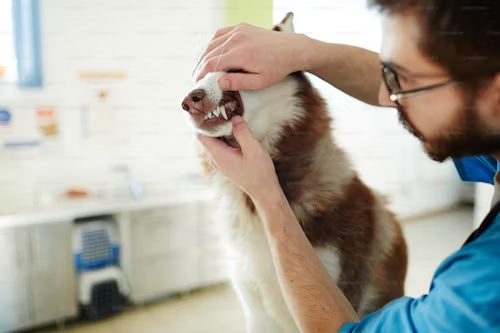Nutritional Needs for Aging Pets

Introduction
- Overview of the importance of nutrition in maintaining the health and quality of life of aging pets.
- Brief explanation of how nutritional needs change as pets age.
Understanding Aging in Pets
- Physiological Changes
- Changes in metabolism, digestive efficiency, and muscle mass.
- Impact of aging on organ function and immune response.
- Common Health Issues in Senior Pets
- Conditions like arthritis, dental disease, kidney disease, and obesity.
- How these conditions influence dietary requirements.
Key Nutritional Considerations for Aging Pets
- Caloric Needs
- Adjusting calorie intake to prevent weight gain or loss.
- Importance of maintaining a healthy weight for overall health.
- Protein Requirements
- Role of protein in maintaining muscle mass and overall health.
- Balancing protein levels to support aging muscles without overloading kidneys.
- Fat and Fatty Acids
- Importance of fats for energy and coat health.
- Omega-3 and Omega-6 fatty acids: benefits for joint health, inflammation, and cognitive function.
- Vitamins and Minerals
- Essential vitamins: A, D, E, and B vitamins for various bodily functions.
- Key minerals: calcium, phosphorus, potassium, and sodium for bone and heart health.
- Digestive Health
- The importance of fiber for maintaining healthy digestion and preventing constipation.
- Prebiotics and probiotics: benefits for gut health.
Special Diets for Common Conditions
- Arthritis and Joint Health
- Diets with added glucosamine, chondroitin, and omega-3 fatty acids.
- Weight management strategies to reduce joint stress.
- Kidney Disease
- Low-protein, low-phosphorus diets to support kidney function.
- Importance of high-quality protein and controlled sodium intake.
- Dental Health
- Diets that promote dental health: crunchy kibble vs. soft food.
- The role of dental chews and treats in maintaining oral hygiene.
- Obesity
- Calorie control and balanced nutrition for weight management.
- Importance of portion control and regular exercise.
Choosing the Right Pet Food
- Commercial Pet Foods vs. Homemade Diets
- Benefits and drawbacks of commercial diets: quality, convenience, and nutritional balance.
- Considerations for homemade diets: ensuring balanced nutrition and consulting with a vet.
- Reading Labels and Ingredient Lists
- Understanding pet food labels: what to look for and avoid.
- Identifying high-quality ingredients and avoiding fillers.




